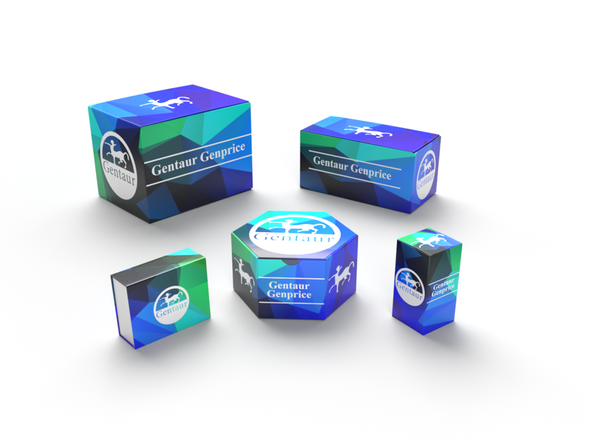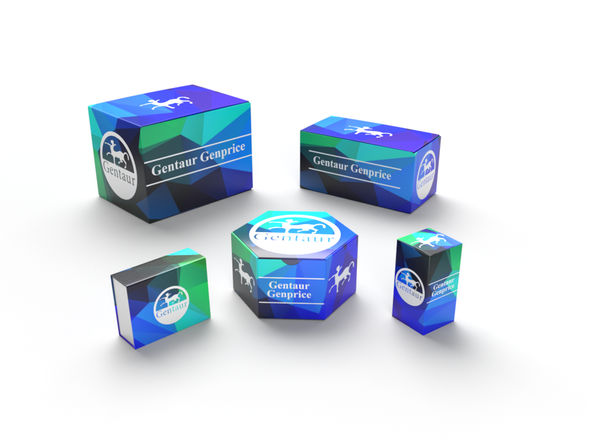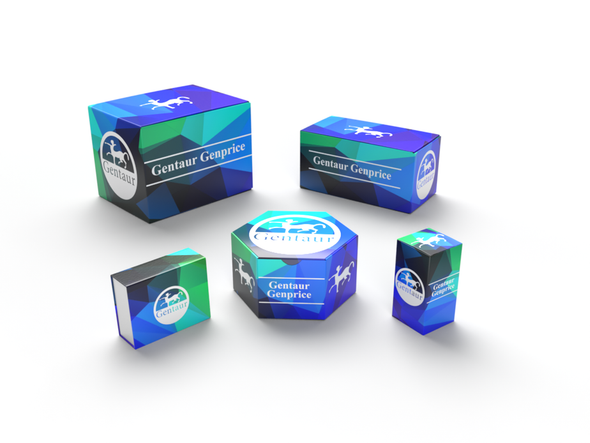Description
EDN3 Antibody | 55-714 | Gentaur UK, US & Europe Distribution
Host: Rabbit
Reactivity: Human
Homology: N/A
Immunogen: This EDN3 antibody is generated from rabbits immunized with a KLH conjugated synthetic peptide between 168-197 amino acids from the C-terminal region of human EDN3.
Research Area: Cancer, Neuroscience, Signal Transduction
Tested Application: WB
Application: For WB starting dilution is: 1:1000
Specificiy: N/A
Positive Control 1: N/A
Positive Control 2: N/A
Positive Control 3: N/A
Positive Control 4: N/A
Positive Control 5: N/A
Positive Control 6: N/A
Molecular Weight: 25 kDa
Validation: N/A
Isoform: N/A
Purification: This antibody is purified through a protein A column, followed by peptide affinity purification.
Clonality: Polyclonal
Clone: N/A
Isotype: Rabbit Ig
Conjugate: Unconjugated
Physical State: Liquid
Buffer: Supplied in PBS with 0.09% (W/V) sodium azide.
Concentration: batch dependent
Storage Condition: Store at 4˚C for three months and -20˚C, stable for up to one year. As with all antibodies care should be taken to avoid repeated freeze thaw cycles. Antibodies should not be exposed to prolonged high temperatures.
Alternate Name: Endothelin-3, ET-3, Preproendothelin-3, PPET3, EDN3
User Note: Optimal dilutions for each application to be determined by the researcher.
BACKGROUND: The protein encoded by this gene is a member of the endothelin family. Endothelins are endothelium-derived vasoactive peptides involved in a variety of biological functions. The active form of this protein is a 21 amino acid peptide processed from the precursor protein. The active peptide is a ligand for endothelin receptor type B (EDNRB) . The interaction of this endothelin with EDNRB is essential for development of neural crest-derived cell lineages, such as melanocytes and enteric neurons. Mutations in this gene and EDNRB have been associated with Hirschsprung disease (HSCR) and Waardenburg syndrome (WS) , which are congenital disorders involving neural crest-derived cells. Four alternatively spliced transcript variants encoding three distinct isoforms have been observed.






